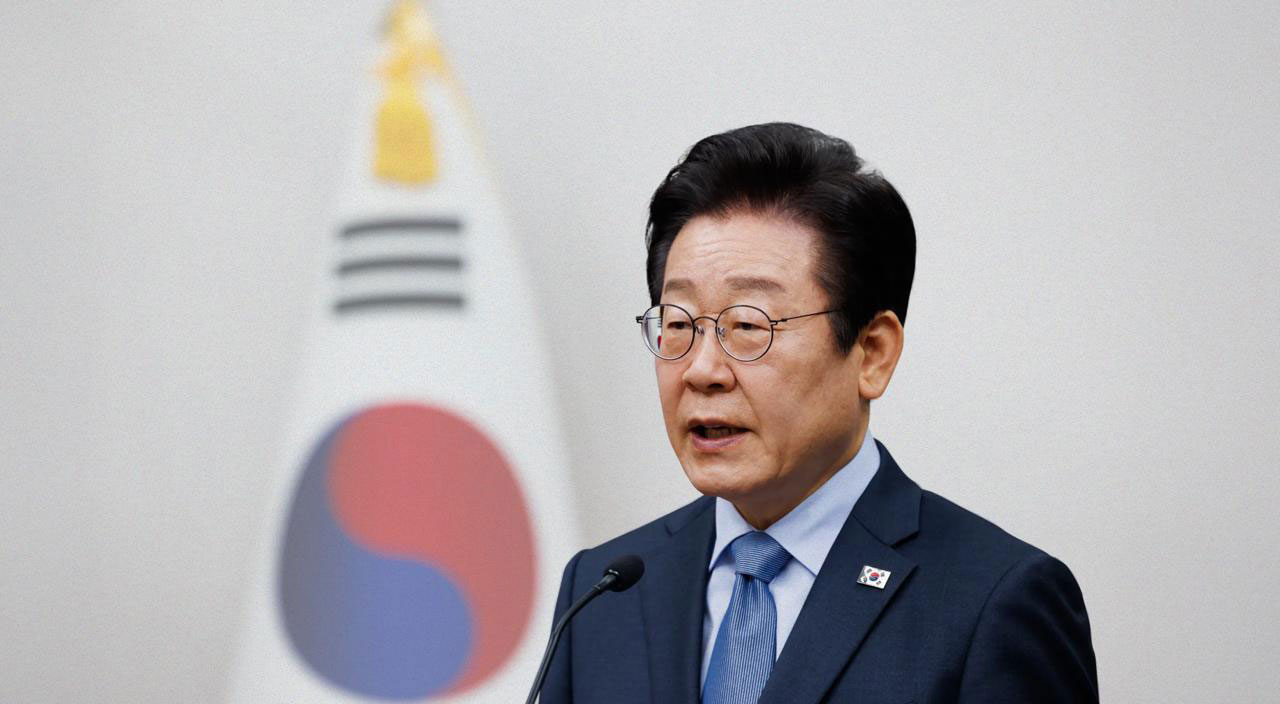
Snapshots
What Lies Ahead After Lee Jae-myung’s Victory in South Korea’s Election?
04 Jun 2025
The results of South Korea’s latest presidential election have revealed significant political shifts that are expected to lead to major developments in the coming period. Lee Jae-myung’s victory in the 2025 presidential election—following a period of political turmoil sparked by former President Yoon Suk-yeol’s imposition of martial law, which ultimately led to his impeachment and trial on charges of insurrection—signals a return to the country’s previous path. It also marks the ascendancy of the opposition, with its representative now holding the highest office in the country.
Observers are particularly interested in the implications of this outcome, which can be summarized in five key points: 1.Restoration of Political Balance: Lee’s victory reflects the public’s desire to distance the country from authoritarian policies and return to a democratic system—at least as the Korean public perceives it—especially after recent events undermined trust in the political system. 2.Economic Policy Shift: Lee is expected to focus on enhancing social justice, increasing welfare spending, and imposing higher taxes on major corporations while maintaining balanced relations with South Korea’s key trade partners. 3.A New Diplomatic Approach: A more balanced foreign policy is anticipated under Lee, maintaining the alliance with the United States while improving relations with China and North Korea—moves that could help ease regional tensions. 4. Rising Domestic Challenges: Despite his win, Lee will face major hurdles, including rebuilding trust in state institutions, addressing deep political divisions, and managing ongoing legal issues that may impact his effectiveness in governance. 5.Reassessment of Relations with Major Powers: Amid ongoing trade tensions with the United States, Lee will need to pursue cautious diplomatic strategies to safeguard South Korea’s strategic interests.
In summary, Lee Jae-myung’s election win represents both an opportunity for South Korea to rebuild its democratic institutions—as viewed by its citizens—and a chance to strengthen its international standing, provided he can successfully navigate the internal and external challenges ahead.


